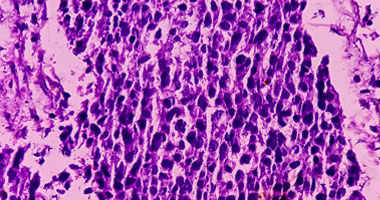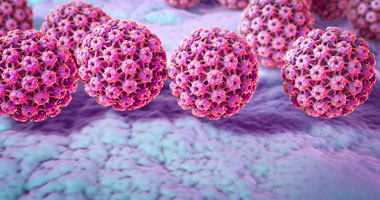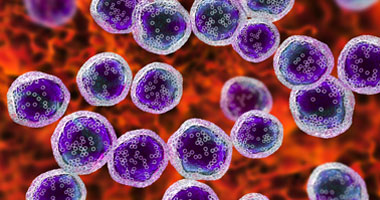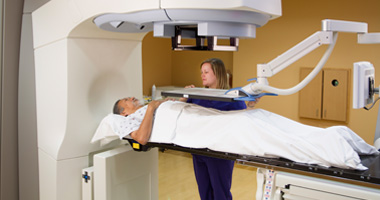Cancer is a disease in which cells in the body multiply uncontrollably and fail to die when they should.1,2 Cancer can spread to other parts of the body and potentially be fatal.1 It is the second-leading cause of death in the U.S..3
Cancer is an umbrella term encompassing more than 100 different types of the disease, often named for the area in the body where each cancer begins, such as lung cancer, colon cancer, and breast cancer. Some cancers are treatable with surgery, radiation, chemotherapy, hormone therapy, immunotherapy, biologic therapy, or stem cell transplants.2 Cancer type, location, stage (how advanced the cancer is), patient age, and other factors typically influence how well a patient may respond to treatment.4
What is cancer?
Cells are the building blocks of human life. Under typical circumstances, cells progress through a life cycle as old ones die and the body creates new cells in their place. In cancer, something disrupts this process, causing an overgrowth of cells called a tumor.2 Tumors can be either benign,5 meaning they are not cancerous and do not spread, or malignant,6 meaning they grow uncontrollably and can spread to other parts of the body in a process called metastasis.1,2 Some cancers, such as blood cancers like leukemia, generally do not form tumors.1
Changes in human genes can lead to cancer. Things like smoking, excessive sun exposure, and pollution can impair genes that control cell division. This damage can affect how cells multiply, leading to cancer. In some cases, people inherit genes that make them predisposed to certain cancers.1
How does cancer affect the body?
Each of the more than 100 different types of cancers affect people in different ways.1 Symptoms are often specific to a cancer’s location.7 Some symptoms include:7
- Changes to the breast, such as lumps, discharge, or skin changes
- Changes to the bladder, including pain or difficulty urinating
- Bruising or bleeding that occurs without explanation
- Changes to bowel habits or blood in stool
- A persistent cough
- Difficulty eating, persistent indigestion, abdominal pain, nausea, or vomiting
- Persistent fatigue
- An inexplicable fever or night sweats
- Changes to the inside of the mouth
- Neurological issues, such as hearing trouble, changes to vision, seizures, or headaches
- Changes to the skin, such as new or changed moles, sores that won’t heal, or jaundice
- Lumps or swelling
- Inexplicable weight loss or weight gain
- References
- What is cancer? National Cancer Institute. https://www.cancer.gov/about-cancer/understanding/what-is-cancer. Updated October 11, 2021. Accessed May 10, 2023.
- Cancer. MedlinePlus. https://medlineplus.gov/cancer.html. Updated May 18, 2017. Accessed May 10, 2023.
- Leading causes of death. Centers for Disease Control and Prevention. https://www.cdc.gov/nchs/fastats/leading-causes-of-death.htm. Updated January 18, 2023. Accessed May 10, 2023.
- Understanding cancer prognosis. National Cancer Institute. https://www.cancer.gov/about-cancer/diagnosis-staging/prognosis. Updated June 17, 2019. Accessed May 10, 2023.
- Benign. National Cancer Institute. https://www.cancer.gov/publications/dictionaries/cancer-terms/def/benign. Accessed May 10, 2023.
- Malignant. National Cancer Institute. https://www.cancer.gov/publications/dictionaries/cancer-terms/def/malignant. Accessed May 10, 2023.
- Symptoms of cancer. National Cancer Institute. https://www.cancer.gov/about-cancer/diagnosis-staging/symptoms. Updated May 16, 2019. Accessed May 10, 2023.


























